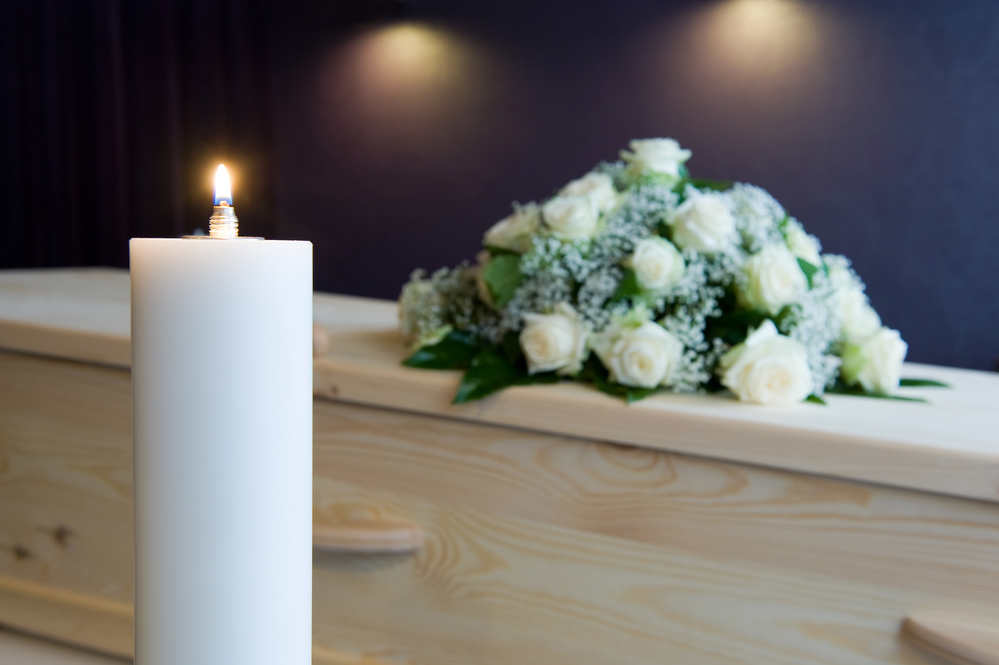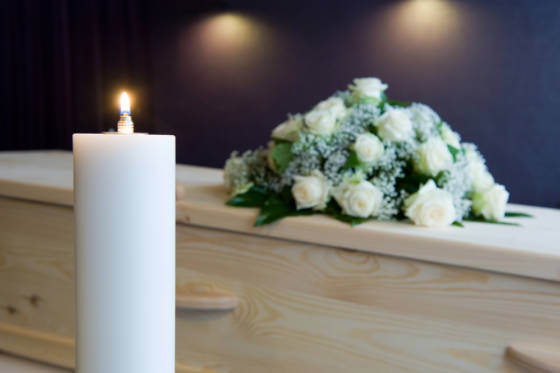Dutch health council backs ‘cremation by water’ as safe alternative to burial


The national health council is recommending that a new method of disposing of dead bodies using alkaline hydrolysis be added to the list of legal methods.
Also known as resomation, or water cremation, the process is a safe and sustainable alternative to burial or cremation by fire, although the technical specifications still need to be worked out, the health council said.
Resomation is based on alkaline hydrolysis: the body is placed in a pressurised vessel that is then filled with a mixture of water and lye, and heated to around 160 degrees. The elevated pressure prevents the body boiling. Instead, the body is broken down into its chemical components, which takes upwards of three hours.
The process was patented in the US in 1888 and is legal in some US states and other countries but not in the Netherlands.
Dutch funeral group Yarden, which wants the government to change the law to make resomation legal, has welcomed the council’s ruling. A survey by Yarden in 2017 showed that 23% of people would consider resomation as an alternative to traditional cremations.
The health council also looked at the option of composting human remains but said at present there is not enough information to say if this technique meets legal and environmental requirements.
Reform
Home affairs minister Kajsa Ollongren pledged in January 2019 that the Dutch rules on funerals would be modernised following pressure from D66 MPs.
Draft legislation is due to be published before the summer and may include an end to the stipulation that bodies be buried after a wait of at least 36 hours after death. According to Jewish and Islamic tradition, people should be buried as soon as possible after death.
Families may also be able to pick up urns containing the ashes of their relatives from crematoria earlier than the current one-month wait.
Thank you for donating to DutchNews.nl.
We could not provide the Dutch News service, and keep it free of charge, without the generous support of our readers. Your donations allow us to report on issues you tell us matter, and provide you with a summary of the most important Dutch news each day.
Make a donation